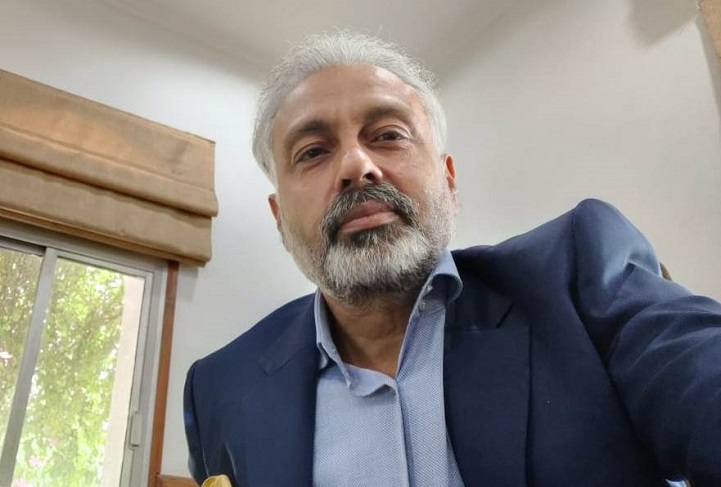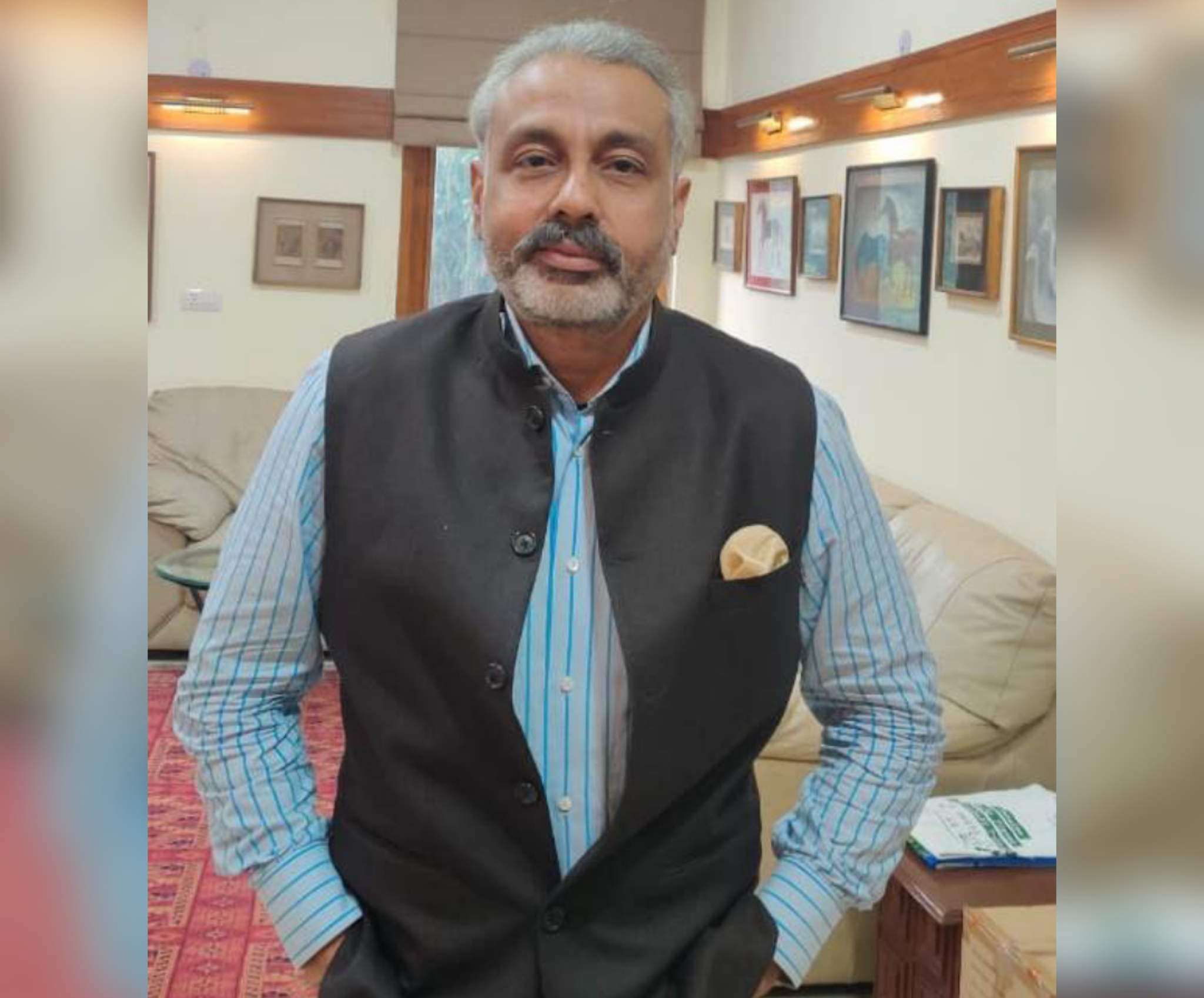Anoop Singh Bishnoi on Power of Education

T he serial entrepreneur Anoop Singh Bishnoi dearly believes in the cause of literacy and education and has dedicated decades of his life to helping charitable causes… what truly inspired him, and how is he keeping up with his initiatives? Recalling his childhood days, he shares, “Growing up in a household where all staff members were considered family, we never felt any difference of intellect and capability. We used to play and watch TV and movies together but it was only when I asked my parents about why the staff kids go to different schools, my embarrassed mother explained to me about unequal income backgrounds and the resultant vast dissimilarity in opportunities and accessibilities existing in our world...” Basic education is every individual's right but not everyone is granted the same livelihoods at birth and if you got a chance to attain a quality education then consider yourself fortunate. Anoop Bishnoi's experience in recognizing the power of education came at a


